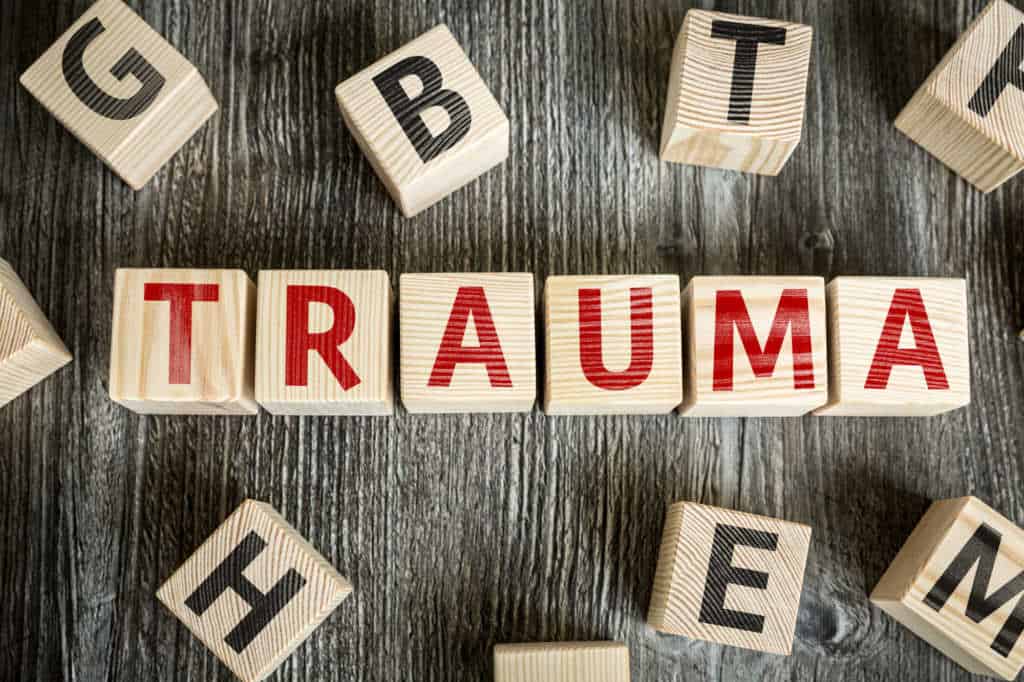Trauma is something that has great potential to affect the rest of our lives. Clearly, nobody wants to take part in trauma or have to go through the steps needed to recover from it, but it’s something that we have to do.
Trauma and recovery should go hand and hand. If you experience trauma and don’t take steps toward recovery, your experiences will continue to haunt you. Dealing with trauma, of course, is a lot easier said than done.
Recover is possible, though. We’re going to go over 4 stages of post-traumatic stress disorder and recovery, hopefully giving you a better idea of the process and how it can work.
Trauma and Recovery: How it Works
While each instance of trauma is different, there is a common process that people undergo when they experience traumatic events and seek out treatment for them.
You may not resonate with the specifics of the process but look for similarities in your experience if you’re not sure if you’ll ever be able to recover. It’s our hope that you have a brighter outlook on your possibility of recover after reading this article and seeking out help.
Let’s get started:
Stage 1: Impact/Experience
The first stage of a traumatic event is the event itself. We typically undergo similar experiences when something intensely traumatic is happening.
Some people call this stage the “outcry” stage, as our bodies and experiences respond similarly and feel as though they’re in high-alert. People in the first stage will usually respond to everything in a very intense manner, experiencing high levels of anxiety and dissociating from the situation.
Some instances of trauma occur before the victim realizes that the instance is traumatic. This is a strange idea, seeing as traumatic events typically seem pretty obvious.
That said, we often dissociate from trauma and refuse to call it what it is. It’s a difficult thing to admit that we are in serious situations, and people often have a difficult time reconciling with those difficult facts.
Stage 2: The Reconciliation/Rescue Phase
This phase is the one where the smoke begins to clear. As everything settles after the traumatic event, whether that be one hour or one month from the date of the event, you begin to see the situation for what it is.
A hallmark of this phase is that the victim begins to acknowledge what has happened in some real way. Whether that is returning to the site of the event, discussing it in some capacity, or allowing themselves to think about it, the key is that the idea is on the table.
This doesn’t mean that the person has fully come to terms with what has happened, just that they are moving forward and not denying the existence of the event.
This stage comes with a number of side effects. These are confusion, anger, numbness, dissociation, flashbacks, and anxiety, to name a few. Facing such things can unlock a lot of negative emotions in us.
Stage 3: Progress in Recovery
This stage can be seen as a sort of fork in the road of recovery. People typically respond to the acknowledgment of their trauma in one of two ways.
If a person has reconciled with the event in a healthy way and found themselves supported by friends and loved ones, they will likely be very grateful and humble that they’re so well supported. Prior to this stage, seeing the support of those around would have been too difficult.
Now, gratitude is in full force. People in this stage might even feel like they can’t speak about negative things because they don’t want to let down the people around them who are trying to be uplifting.
Alternatively, those who don’t have strong support systems might be very angry that they’re not as well-supported as they’d like to be. While it’s difficult, it’s always better to avoid anger and resentment toward those around you.
While they should be supportive, many times they cannot, and you are better off working toward healing than thinking about their failure.
Stage 4: Reckoning
This stage is the, sometimes long, process of accepting and working to deal with the grief that your trauma has caused. Because each traumatic event is different, it’s impossible to give a blanket statement about how this stage goes.
Undeniably, though, there must be a true acceptance and acknowledgment of what has happened. In this stage, a person comes to their true feelings about an event and stops dissociating themselves from it.
That piece could be thought of as the acceptance phase in the stages of grief. One’s identity has changed, relationships might be entirely different, and the person’s way of life might be very different from that point on. That’s a tough pill to swallow.
Additionally, the memories of the event are often repressed. Revisiting those memories is often like reliving the event. A person in this stage shows that they are able to remember elements of the event without falling back into a panic.
Moving Forward
These steps can seem like a cookie cutter explanation of something that is impossible to describe. It’s true that you can’t put a finger on any one person’s trauma.
It’s possible, though, to talk generally about trauma in order to better understand it. It is possible to recover and get back to a normal life again. It simply requires that you give it time.
While it’s painful to experience the memories of something that truly hurt you, working with professionals, learning about trauma, and doing earnest work to recover are all extremely important.
Think You Could Use Help?
Trauma and recovery both need to be a part of your equation. If you experience trauma but don’t undergo the steps to get through recovery, you may never feel better.
It’s important that you speak with counselors and professionals who have a great deal of experience with trauma. Contact us to learn more about how you can start to move forward in your journey of recovery.
Author
-

President, CEO & Founder at Northbound Treatment Network
Paul Alexander is the CEO, President & Founder of Northbound Treatment Network in Newport Beach, California. He believes wholeheartedly in transformational leadership, organizational health and effective, fully integrated substance use disorder and mental health treatment. With over 27 years of experience in behavioral healthcare, Paul has extensive knowledge of “in vivo” treatment modalities, clinical development, operations, strategy, marketing and financial planning. He has been widely recognized for his development of collegiate-based residential treatment programs for students in recovery and authored a research study at The University of California confirming this modality’s effectiveness.
Paul’s comprehensive professional experience, willingness to innovate, and emphasis on organizational health are vital factors in Northbound’s continued success. Paul received his Certified Addiction Treatment Specialist training at Saddleback College in Mission Viejo, CA, and was awarded Outstanding Alumni Service Award in 2002. Paul holds a Bachelor of Arts degree in Criminology, Law and Society, Summa Cum Laude, from University of California, Irvine, and a Juris Doctorate degree from Loyola Law School of Los Angeles. Paul currently serves on The National Association of Addiction Treatment Providers (NAATP) board. In addition, he serves on The Family Recovery Foundation board and The CarePossible board in Orange County; both organizations are committed to raising funds for family recovery and treatment for former military personnel. Paul is in recovery himself and lives in Orange County with his wife Silvana and his two young sons, Noah and Dean.










